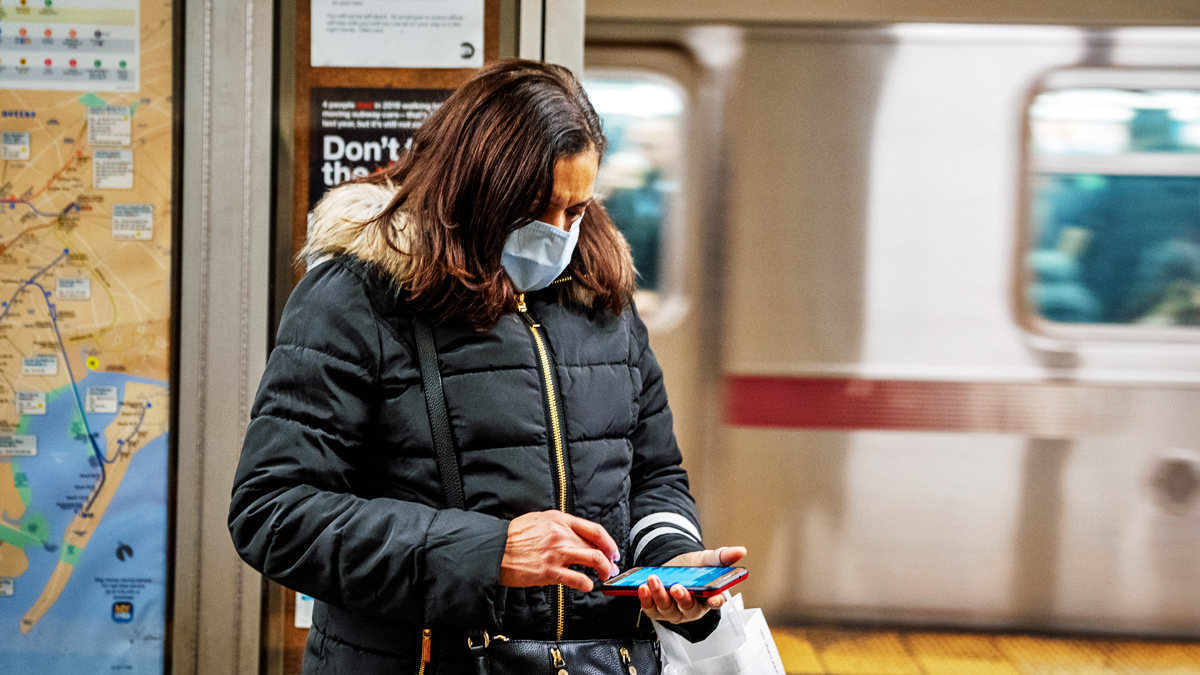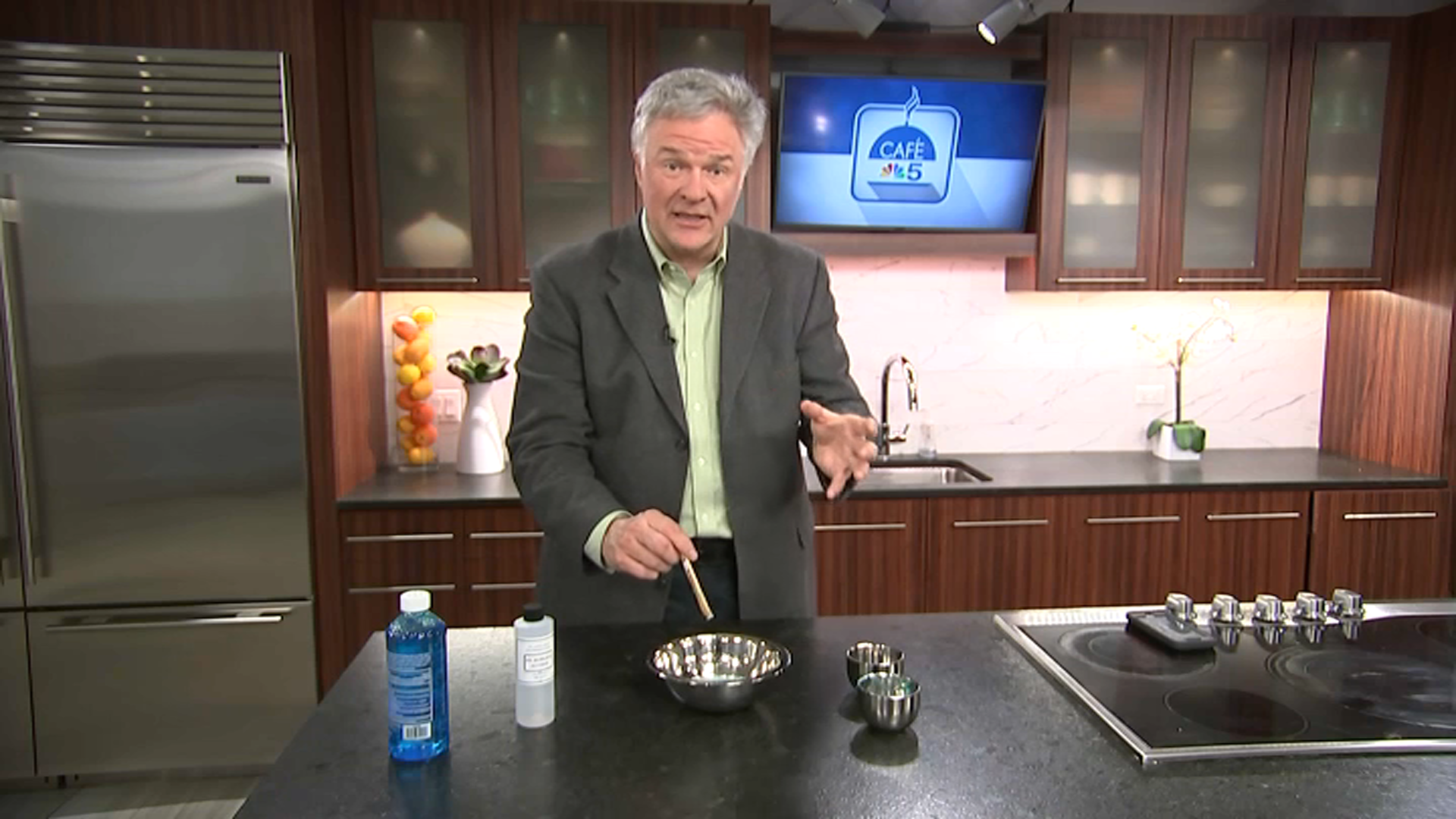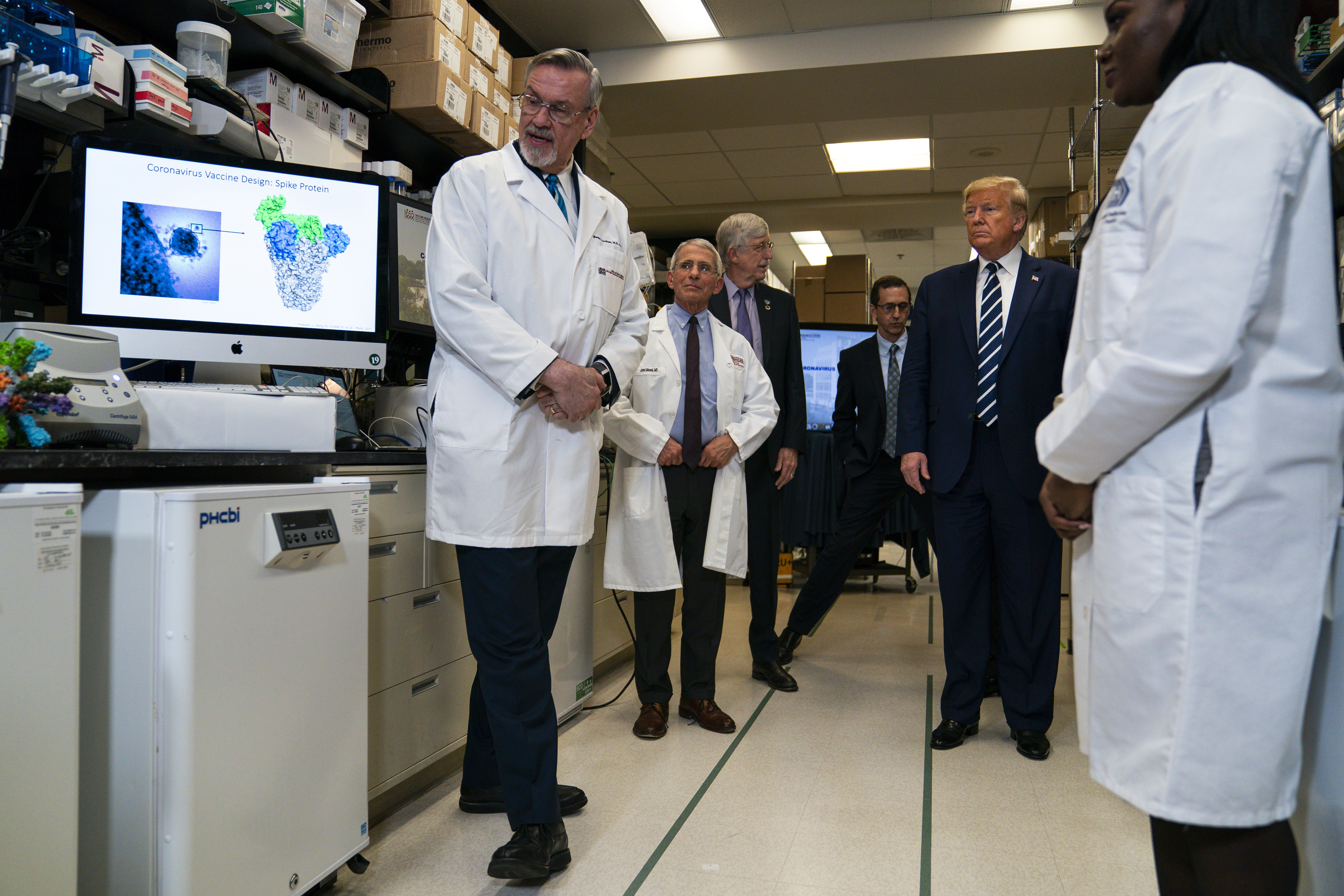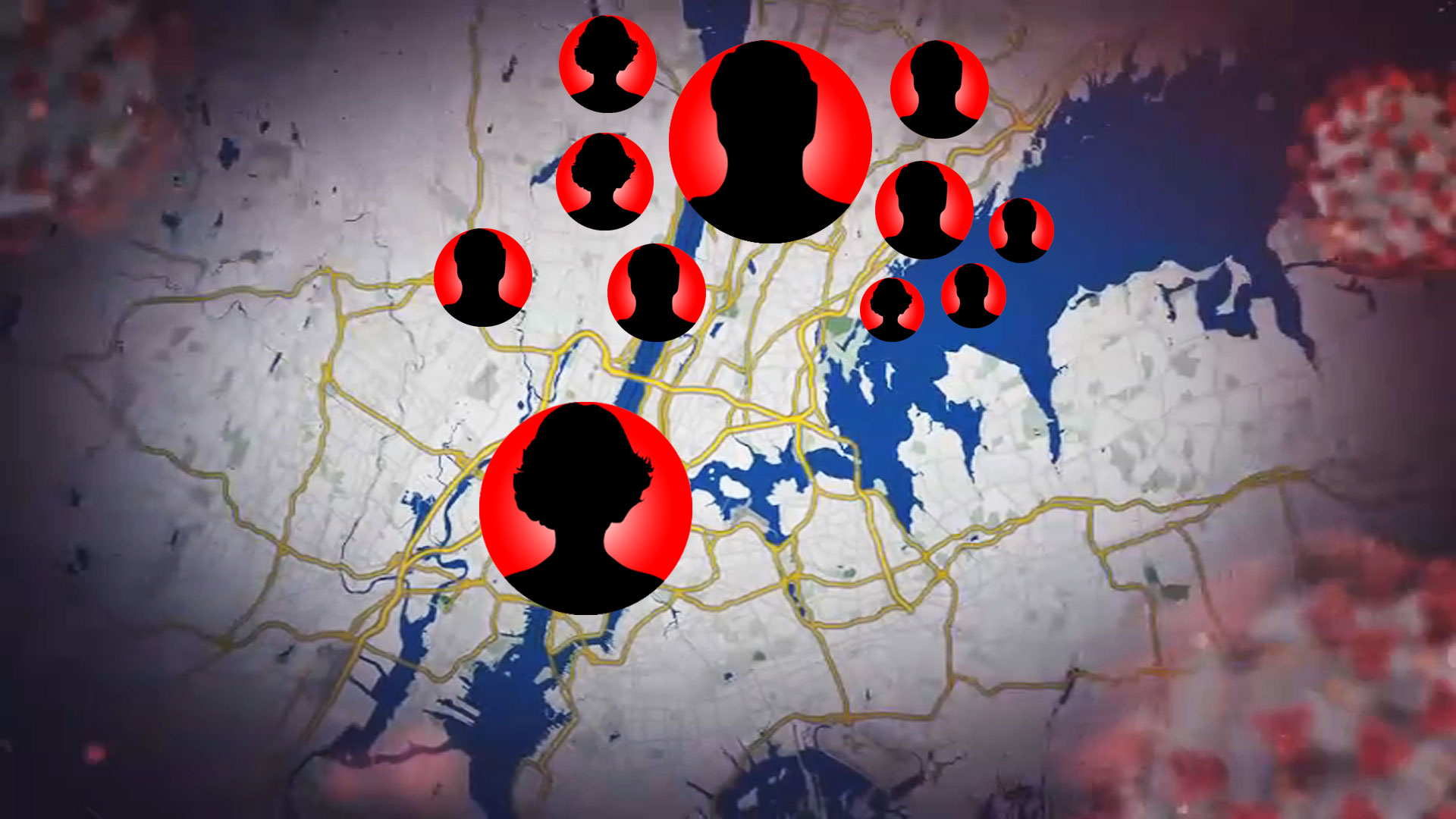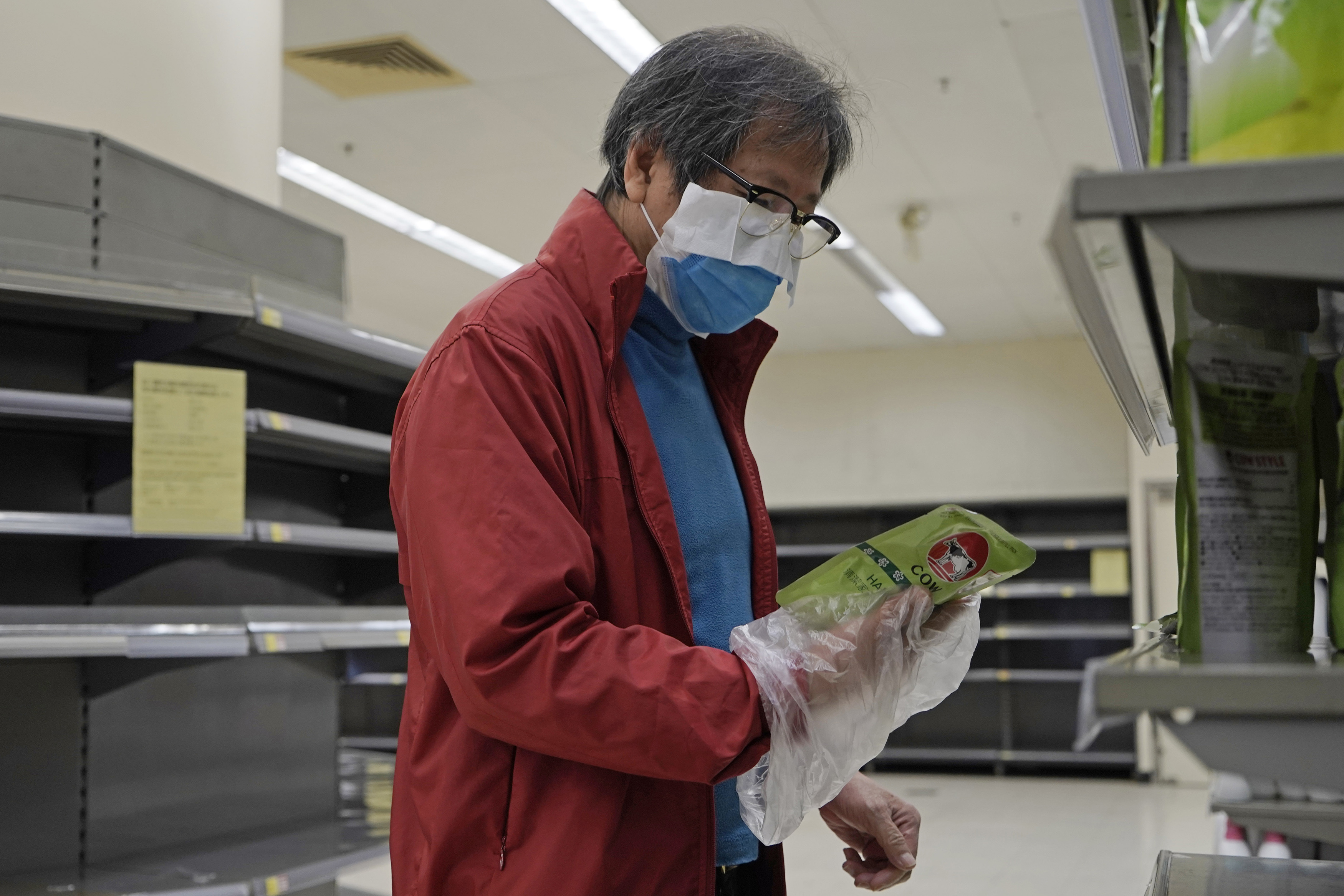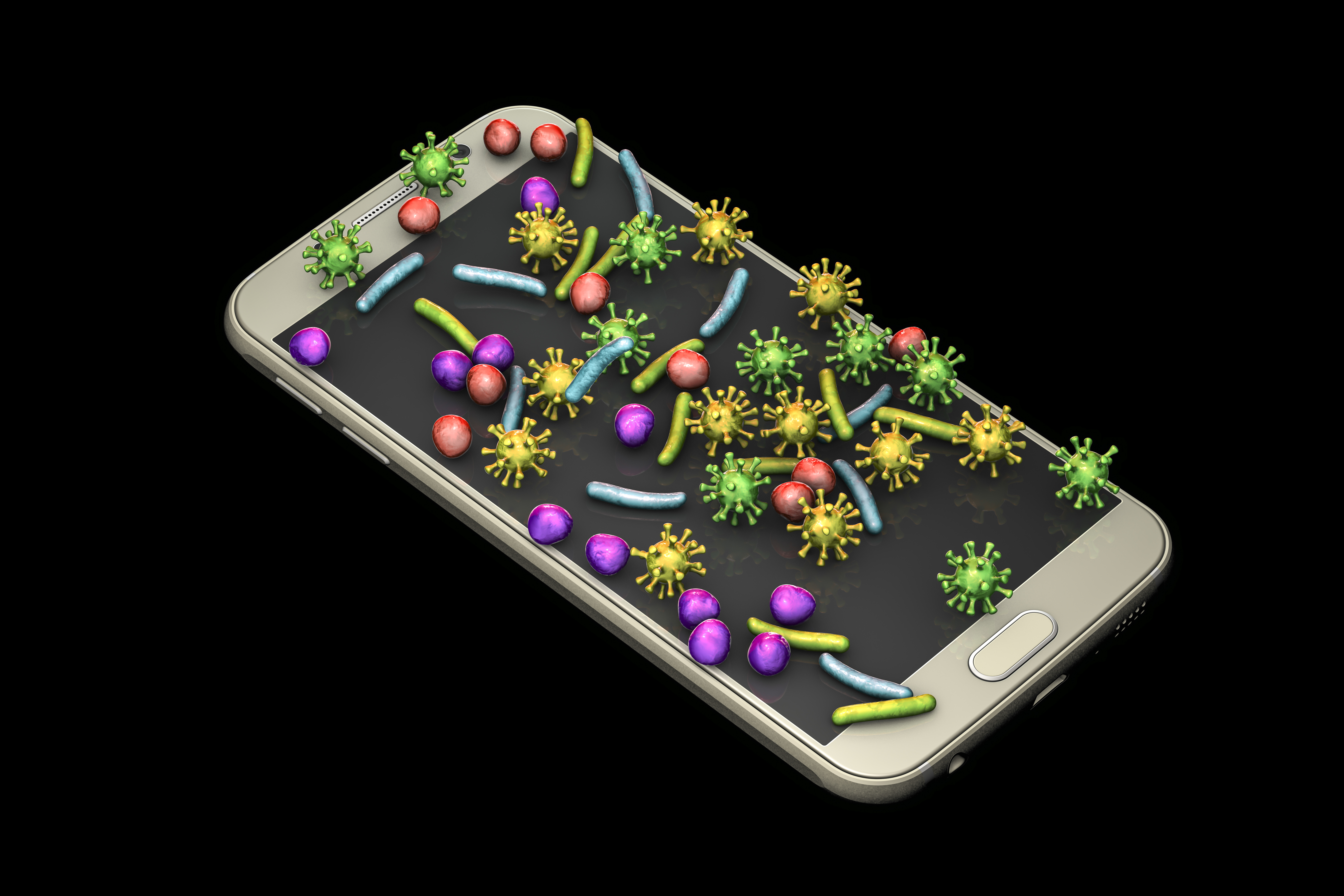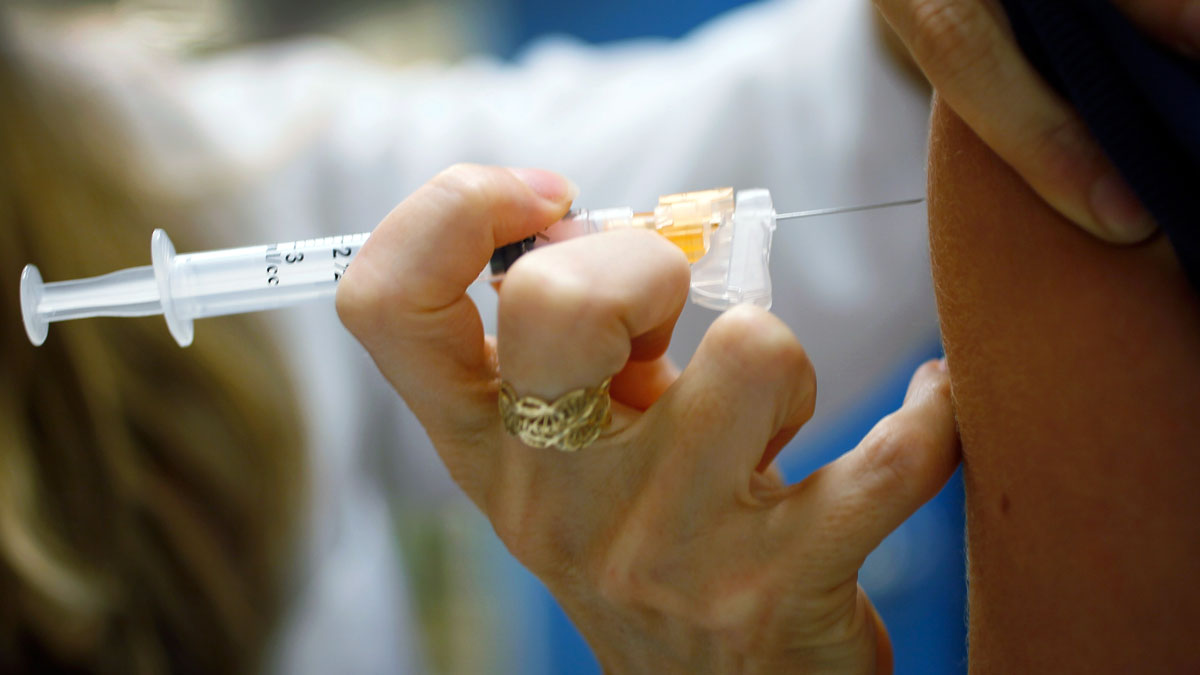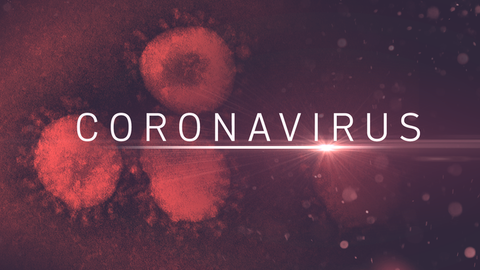What to Know
- It remains to be seen how widely COVID-19 will spread in tri-state area after 45 people in New York were confirmed to have the virus Friday, just five days after the first local case was reported
- Twenty-two new cases were added to the total Friday; many of them are connected to the Westchester County lawyer who works in midtown Manhattan
- New Jersey had thee positive samples that had been sent to the CDC for confirmation; Connecticut saw its first case reported Friday
UPDATE: Tri-State at 93 COVID-19 Cases and Counting
New York added 22 new coronavirus cases Friday, including four Manhattan cases and more in Westchester County, bringing the state's total to 45, Gov. Andrew Cuomo and Mayor Bill de Blasio announced.
Many of the new cases are connected to the Westchester cluster that started with the midtown Manhattan lawyer, the first case of community spread. One of the new Manhattan patients is a man in his 50s who lives on the Upper West Side and is presenting mild symptoms, de Blasio said. The man is married with three daughters ages 8, 10 and 12 — all of whom also are exhibiting mild symptoms, but it wasn't confirmed if they had the virus. Disease detectives are working to learn more about any close contacts he may have had while contagious.
Financial and insurance company TIAA sent a memo to employees saying that one of their employees at their offices on Lexington Avenue had tested positive for coronavirus after coming in contact with an already infected individual. That office was closed for cleaning, and would re-open on March 12.
In Westchester, the ages of those confirmed to have the virus range from 7 to 81 years old. There were also three new cases in Nassau County, all adults, none of which were connected to the New Rochelle cases.
Of those who were found to have the coronavirus was the rabbi of Young Israel of New Rochelle, Reuven Fink, according to a statement posted Friday on the website of Yeshiva University, where Fink teaches two courses. He said he was doing "reasonably well" and advised anyone who had contact with him to contact their health provider as a precaution. The synagogue said on its website it will be closed through Sunday.
Overall as of Friday night, there were 35 COVID-19 cases in Westchester, four in NYC, four in Nassau County and two in Rockland County, according to Gov. Cuomo.
The three new cases in Nassau County were related to the initial case that was there, as all are part of the same family near Hempstead. The two Rockland County cases were from a man and a woman who worked at a bat mitzvah at the synagogue.
Latest Coronavirus News
Also Friday, Cuomo delved a bit more into the state's mandatory and precautionary quarantine measures. To date, 44 people statewide, including nine in New York City, are under mandatory quarantine order.
Those people have either A) Tested positive; B) Had direct contact (within 6 feet) with a person who has tested positive; C) Returned from a country with CDC travel health levels 2 or 3, the countries in the hotbed of the outbreak; or D) Is deemed in need of quarantine by a local health provider and local health department. Officials will coordinate with the state Department of Health to make that determination, the governor said.
Four thousand people across the state have self-quarantined as a precaution: 2,700 in New York City and 1,000 Westchester.
At least two patients are currently being treated in intensive care units in Manhattan. One of the patients from Thursday, a man in his 40s, was discharged from the hospital and put into isolation at his home. The woman in her 80s was still hospitalized.
Many positive tests in the state involve people with mild symptoms — or none at all. Most of the patients remain in isolation in their homes and have not required hospitalization — as officials have said, 80 percent of people who get coronavirus self-resolve with no additional treatment necessary. Meanwhile, as of Friday, New York City was still awaiting test results for 40 people.
The city got back results for three teachers who had recently traveled to Italy. A teacher at James Madison High School in Brooklyn was negative, as were two other teachers at P.S. 369 in Brooklyn and P.S. 130 in Lower Manhattan.
Tracking the Virus -- and What's Next
In neighboring New Jersey, four people tested positive and the samples were sent to the CDC for confirmation. Those results were still pending federal confirmation as of Friday night. One is a health care worker in his 30s who works in New York City and splits time between homes there and in New Jersey, officials said. It's not clear where he works or in what capacity. He's doing well in isolation at the hospital, officials say. Another woman tested positive in Bergen County, and was released into isolation at her home.
Two other cases in the state were announced Friday, including a man in his 60s in southern New Jersey's Camden County and a man in his 50s in Bergen County. Both have been hospitalized.
The New Jersey State Department of Health has established a 24-hour coronavirus hotline to answer questions: 800-222-1222. New York has a similar hotline set up: 888-364-3065.
Later on Friday, Connecticut saw its first case of coronavirus reported. A Fairfield County nurse was said to have COVID-19, according to Gov. Ned Lamont. The woman is a Westchester County resident, however, and is believed to have been exposed to the virus as a result of a hospital employee there. She was tested Wednesday in New York, with the positive result coming in Friday evening.
Her case marks the 35th person in Westchester County to be infected with coronavirus.
The woman is under self-quarantine at her New York home, but she may have come in contact with patients and staff at Danbury Hospital and Norwalk Hospital, where she worked. Officials are trying to find those she may have come into contact with, and any hospital employees she had contact with were placed on a 14-day furlough.
Renee Coleman-Mitchell, the commissioner of Connecticut's Department of Public Health, said the case does not officially count as a Connecticut case. No state residents of Connecticut have yet tested positive for coronavirus.
Connecticut also has more than 200 people self-monitoring for symptoms of COVID-19. Gov. Lamont announced that he was asking the CDC to send more testing kits so the state could comply with updated federal guidance on who should be tested.
Worldwide, the virus has infected more than 100,000 people and killed over 3,400. New York officials have sought to emphasize that most cases are mild and the overall risk to the general public is quite low.
Still, cases of the new virus — and concerns about potential new ones — have already prompted officials to ask thousands of people in recent weeks to quarantine themselves. A few schools and college campuses have closed for cleaning. Community events have been canceled out of an abundance of caution. Local governments are implementing changes -- some major, some minor -- that may impact the daily lives of people who will never get COVID-19. Here's a breakdown of what's happening in that regard by state.
De Blasio also urged the CDC to supply New York with more test kits and to speed the approval of tests that private companies may be developing.
The state got approval Saturday to run its own version of the test. Cuomo said Thursday the state is now able to run about 100 to 200 tests a day and is now working with other laboratories to boost testing capacity.
New York City, meanwhile, got a new batch of CDC test kits. De Blasio said Thursday that the city ultimately wants the capacity to do hundreds of tests per day or more and needs federal help to get there. Authorities also caution that increased testing will lead to more positive cases by default.
How to Protect Yourself
New York City's Health Department released the following guidance for people who recently traveled to China, Iran, Italy, Japan or South Korea -- or for anyone who experiences fever, cough or shortness of breath:
- Stay home — do not travel or go to work or school while sick
- Go to a health care provider and tell them about your travel history
- If you do not have a health care provider or insurance, call 311
- Avoid contact with others
- Wash hands often with soap and water for at least 20 seconds. Use an alcohol-based hand sanitizer if soap and water are not available
- Avoid touching your face with unwashed hands
Nationally, the CDC said that as of Friday it had a total of 164 cases reported by 19 states; in the vast majority of those cases, authorities aren't yet sure how the virus was contracted. Eleven people have died, all of them from Washington state except for one, who was from California.
Quick Tips to Help Keep You Safe
The CDC only updates its numbers once a weekday, though, and the numbers reflect the agency's total as of 4 p.m. the previous day. The case total in the United States could be higher. NBC News reported it as being up to 258 cases nationwide as of Friday afternoon.
CDC officials warned for weeks to expect a disruptive spread of the virus in America. Here's where we stand now as far as developing a vaccine.
On Friday, President Trump signed an $8.3 billion measure to fuel national efforts to combat the spread. The legislation provides sustenance for a multifaceted attack -- money for vaccines, tests, potential treatments and to help local governments respond -- on the virus.

